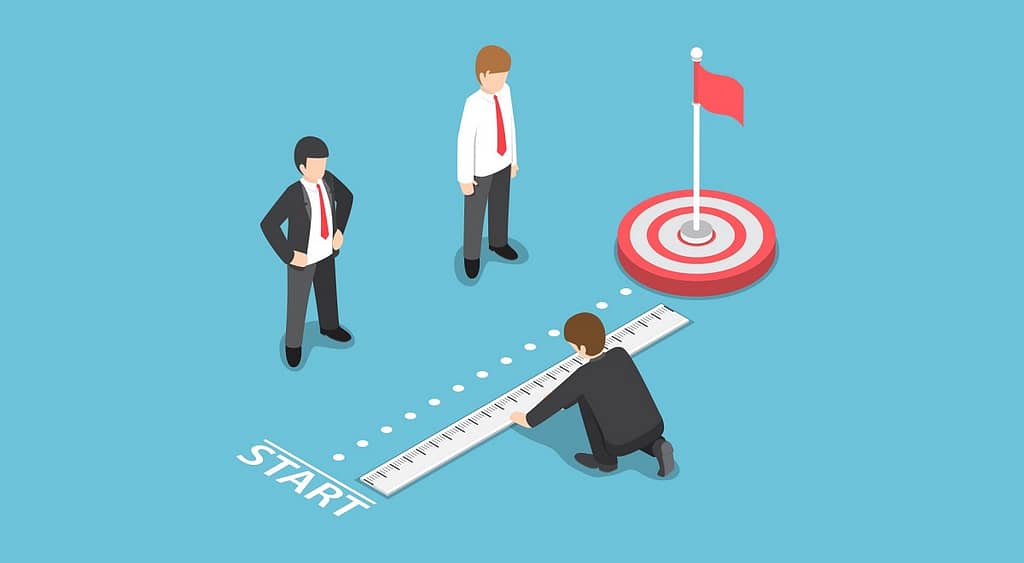Adolescence is a critical phase of development when young individuals are prone to forming habits Adolescence is a time of rapid growth, self-discovery, and forming one’s identity. It is also a period when many individuals develop bad habits that can hinder their personal and academic growth. From excessive screen time to procrastination, these habits can have long-lasting negative effects. However, breaking bad habits in adolescents is not an insurmountable task. With the right approach and support, it is possible to help adolescents overcome these habits and pave the way for a brighter future.
Understanding the Power of Habits

To effectively break bad habits, it is crucial to understand the influence bad habits have on people in order to break them. Habits are deeply ingrained behaviors that are often automatic and unconscious. They arise from a combination of cues, practices, and rewards, forming a habit loop that keeps the behavior repeating. Adolescents may not even realize they are engaging in harmful habits until the consequences become apparent.
Identifying the Breaking Bad Habits
The first step in breaking bad habits is to identify them. Parents, teachers, and mentors should observe the behaviors of adolescents closely to identify patterns and habits that need to be addressed. Common bad habits in adolescents include excessive use of social media, unhealthy eating patterns, procrastination, lack of exercise, and substance abuse. By identifying these habits early on, it becomes easier to intervene and address them effectively.
Open and Honest Communication
Once the bad habits have been identified, having open and honest communication is key. It is important to approach the topic with empathy and understanding rather than judgment. Adolescents are more likely to respond positively if they feel supported and heard. Engage in conversations that allow them to express their thoughts, feelings, and struggles. This open line of communication will foster trust and create a safe space for them to discuss their bad habits.
Setting Realistic Goals

Breaking bad habits requires a systematic approach. Help adolescents set realistic goals that align with their interests and aspirations. Encourage them to start small and gradually increase their efforts. For example, if the bad habit is excessive screen time, set a goal of reducing it by an hour each day. By setting achievable goals, adolescents will feel a sense of accomplishment and be motivated to continue their journey toward breaking their bad habits.
Providing Alternative Activities
One effective strategy for breaking bad habits is to provide adolescents with alternative activities that fulfill their needs in a healthier way. For instance, if an adolescent is spending excessive time on social media, encourage them to engage in hobbies like sports, reading, painting, or playing a musical instrument. By redirecting their energy towards positive activities, adolescents can replace their bad habits with more productive and fulfilling pursuits.
Creating a Supportive Environment
Breaking bad habits is challenging, and adolescents need a supportive environment to succeed. Parents, teachers, and mentors should create an environment that encourages positive behavior change. This can be achieved by modeling good habits, providing encouragement and praise, and creating accountability systems. By showing support and being actively involved in the process, adults can significantly increase the chances of adolescents successfully breaking their bad habits.
Seeking Professional Help

In some cases, breaking bad habits may require the help of a professional. If an adolescent’s habit is deeply ingrained or has severe consequences, it may be necessary to seek the assistance of a therapist or counselor. These professionals can provide the necessary guidance and support to help adolescents overcome their bad habits. They can also address any underlying emotional or psychological issues that may be contributing to the habits.
Celebrating Progress
Breaking bad habits is a journey, and it is important to celebrate every step of progress along the way. Acknowledge and celebrate the efforts and achievements of adolescents as they work towards breaking their bad habits. This positive reinforcement will boost their confidence and motivation to continue on their path of personal growth.
Breaking bad habits in adolescents is not an easy task, but with the right approach and support, it is possible. By understanding the power of habits, identifying the bad habits, fostering open communication, setting realistic goals, providing alternative activities, creating a supportive environment, seeking professional help when needed, and celebrating progress, adults can help adolescents overcome their bad habits and pave the way for a healthier and more successful future.

